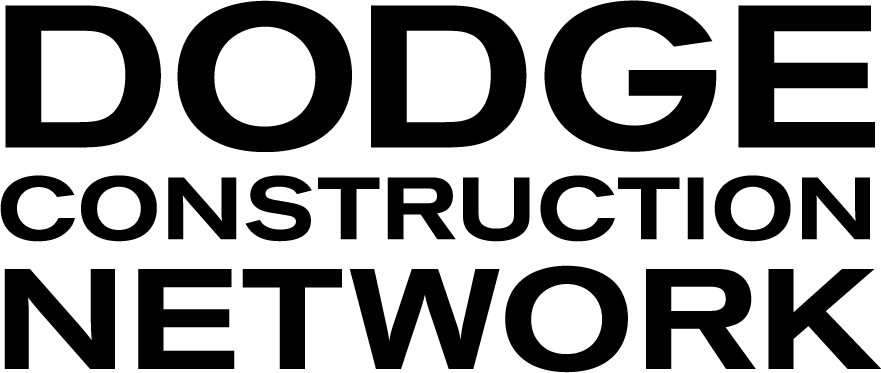Construction continues, but pace has slowed in wake of coronavirus
While many other businesses in the Boulder Valley and Northern Colorado have either closed or greatly diminished their operations because of the COVID-19 pandemic, commercial and residential construction continues — although industry executives say some changes to how their work is done may linger long after the coronavirus crisis ebbs.
The time a project takes to complete has been most affected, they say.
“Time is the biggest loss across the board,” said Hannah Long, co-owner of Loveland-based H3 Construction and Design. “Usually we could have several different contractors working on the project, but now we can let in only one subcontractor group at a time” because of social distancing. Among other things, she said, that means residents or businesses displaced during a remodeling project are displaced longer.
All flat surfaces and handles need to be sanitized during construction or remodeling work, Long said, “and I’m OK with that. We’re working on a fire station in Milliken. It’s an eight-month job, and we have two months more to complete it. Those firefighters need to be there and ready to go — but what if one of our subcontractors went in there with the virus and infected everyone in there?”
Those heightened cleanliness standards are likely to stick around after the pandemic ends, she said, since COVID-19 has “brought a lot of awareness to the general population about daily activities.
“For me, cleanliness is always No. 1 when your company’s name is on a project,” Long said. “You want your job site to look slick.”
Another change that might stick is how building inspections are done, since in-person visits present some obvious hazards.
However, some inspections are being done virtually using video-based apps such as Zoom or Facetime.
“Our building inspections are continuing all per normal because we’ve put systems in place for electronic inspection requests and checking,” said Brad Mueller, director of community development for the city of Greeley. “For occupied interiors, we have that video option that homeowners can request, and it also allows inspectors to be comfortable knowing all they need to know.
“For new construction, though, they have to go out there in person,” he said. There’s no substitute for seeing it in person.”
“Our scheduled inspection walkthroughs have all been Facetimes,” Long said. “Sometimes they are accepting pictures. It could be done on a tablet or by project managers with their phones. It actually works pretty well.”
Construction remains classified as an “essential” business in Colorado, and the Associated General Contractors of Colorado has worked to keep it that way and keep the state’s nearly 180,000 construction workers on the job. On March 18, the AGC board of directors and management staff crafted a plan to protect and promote the industry during the pandemic. The plan included addressing reports of building and fire inspection suspensions, establishing industry best practices, and addressing business continuation needs including cash flow for companies that experience project shutdowns.”
Could the governor’s office tighten the list of “essential” businesses if the pandemic continues to worsen?
“I believe they could shut us down two weeks, and I’m sort of on the fence about that,” Long said. “It would slow us down, but I feel like we’re going to follow whatever the government tells us we have to do.
“We’ve passed out the handouts to our subcontractors, we’ve limited sites to one subcontractor at a time, and we’re getting in another shipment of masks for our subcontractors and requiring that they mask and glove up.”
Long noted that lumber prices have fallen because of lower demand, but other costs for materials seem stable.
Long said business dropoff because of the novel coronavirus has not been anywhere near what the company experienced during the Great Recession of 2007-2009.
“Everything’s been so ‘fat’ in Northern Colorado for the past five to seven years,” she said. “but I think we might see some changing priorities when this is over. Maybe a return of more cost-effective projects. We might be doing more house calls, more smaller jobs.
“We’re just going to have to bend with the market,” Long said. “That’s always how construction’s been.”
© 2020 BizWest Media LLC
